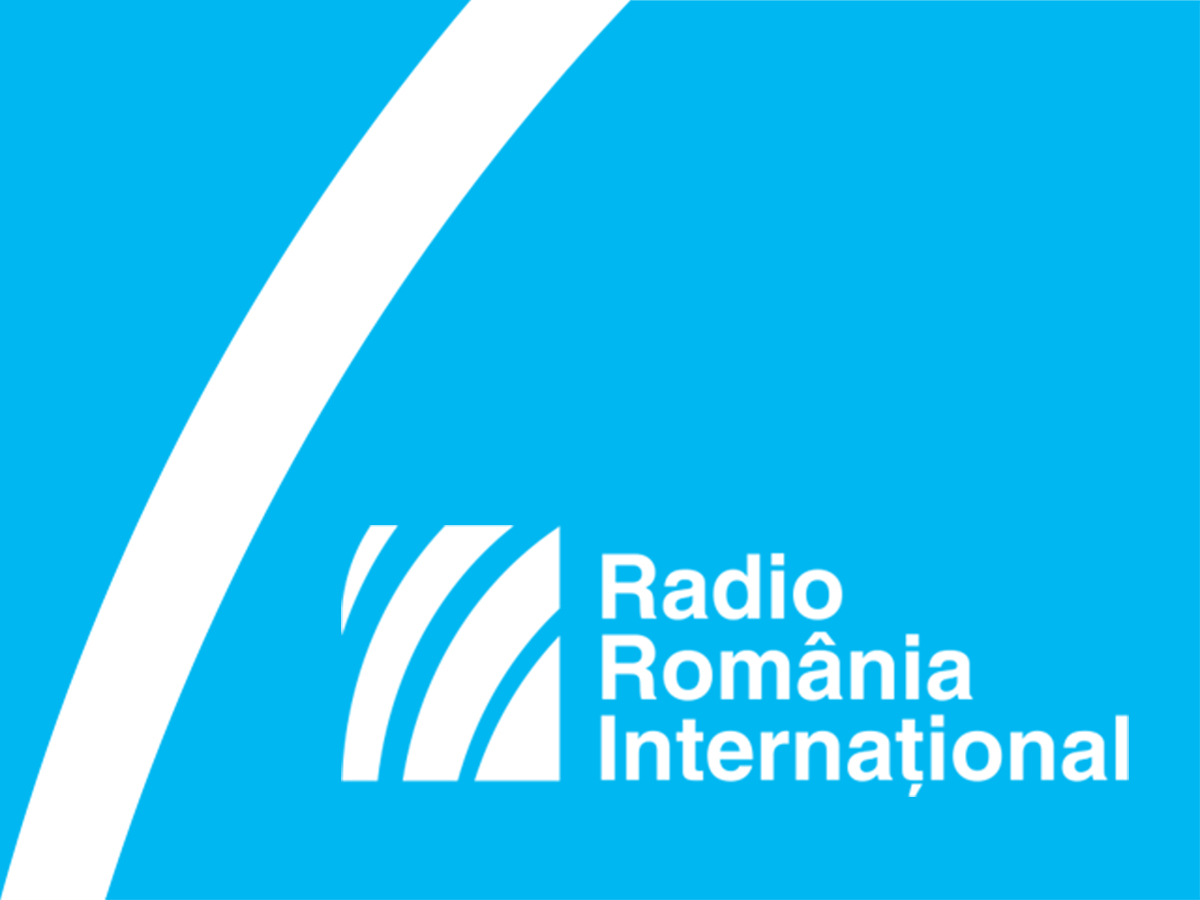The Russians in Romania, during WW1
Based on the treaty of August 1916, between Romania and the Entente, the Russian army committed itself to backing the front.

Steliu Lambru, 16.01.2017, 13:13
Based on the treaty of August 1916, between Romania and the Entente, the Russian army committed itself to backing the front, south and east of the Carpathians. During the campaign of 1916, the commanders of the Russian army failed to keep their promise and the war was a disaster. A Russian army corps, led by general Andrei Medardovici Zaioncikovski came to the support of the Romanian army in the battle aimed to defend Bucharest, on November 30, 1916. In the absence of a combative spirit, they could not help the Romanians halt the central Powers’ offensive and the ensuing occupation of the capital city. Another Russian army corps in Dobrogea was dispatched too late and it could not ward off the German-Bulgarian attacks, coming from the south.
Following the support provided by the French army in 1917, the Romanian army was able to recover and prevent the Germans’ advance. The Eastern ally’s military presence in Moldova, where the Romanian authorities had taken refuge, was enhanced. If 50,000 military were deployed in Romania in 1916, in 1917 the Russians sent one million troops to join the approximately 400,000 Romanian soldiers. With a consistent support provided by the Russians, who covered some 80% of the frontline, the Central Powers’ offensive was stopped.
The Russian military presence in Romania, which finally produced positive results, turned out to be difficult to manage. It turned, after the victory of the Bolshevik revolution of 1917, into one of the main causes that led to the collapse of the whole eastern front. Also, it was the most dangerous source of instability for Romania. The Russians’ image in Romania was already a negative one, dating back to the war of 1877-1878. The presence of the Russian troops in the 1916-1918 period did nothing but confirmed what the Romanians already knew from their grandparents’ stories.
Constantin Moiceanu was 5 years old in 1917. Interviewed in 2000 by the Oral History Centre of the Romanian Radio Broadcasting Corporation, he remembered the conduct of the Russian troops when they arrived in his native village: ”The Russian troops arrived at some point. They were famous for getting drunk quickly and sparking scandals. My parents were well-off people; they had a cellar full of wine and plum brandy barrels. And I remember that one day, my parents, together with other people took all the wine barrels in the courtyard and spilled their content as there were rumours about the Russians’ arrival. They spilled the content because there was no place where they could hide them. They did the same with the plum brandy. And when the Russians came they searched the cellar but they could not find anything.”
However, the year 1917 would bring the disaster. The Bolshevik Revolution had also got hold of the Russian army and everything risked turning into chaos. Ioan Odochian’s father had been a private in the Austro-Hungarian army. Because of his nationalist convictions, he refused further be part of that army.
In an interview dated 2001, Odochian told us about his father’s recollections of the Russian troops turning Bolshevik: ”When the Russian revolution spread and its front was set up in Galicia, my father was a deserter from the Austro-Hungarian army. He was on one side, the Russians on the other. So my father told me that one morning, some sort of gathering was organised. The army gathered in a field where one of the officers brought a table and climbed on it to deliver a speech in Russian. The Russians had been Orthodox believers before that, they had brought their prayer books with them on whose front page there was a photo of the Tsar. Right after the officer ended his speech, all Russian soldiers tore the picture of the Tsar. My father told me that’s exactly what he witnessed. That’s why he kept telling us that Russians were Godless people, which held nothing sacred.”
In 1996, professor Pan Vizirescu talked about the Russian soldiers stationed in Romania who were fully convinced of the rightfulness of the Bolshevik ideas: ”We saw deserters wandering the streets, drunkards and brawlers. That is the truth. I even talked to the poet Buzdugan, a poet from Bessarabia. He knew Russian very well and told me that one night while he was in a pub in Nicolina, a neighbourhood in the city of Iasi, he overheard a group of Russian soldiers planning to kill Romania’s King Ferdinand. They were drawing up their plan right there as crime had crept into their souls. So Buzdugan went to see one of the country’s officials, Nicola Iorga, and told him what he had heard. Iorga took the story further to the Palace, telling it to the King, and measures were taken to prevent the murder. Somewhere else, in Bacau or Piatra Neamt, the Russian soldiers killed one of their generals. They did their best to Bolshevise the Romanian army as well, but that was impossible. Our army was devoted to the country. “
The Russian presence in Romania during World War One was rather controversial. It had positive effects since it contributed to a crucial military victory, yet it was no less negative, since it jeopardized what had been gained with great sacrifice.






























